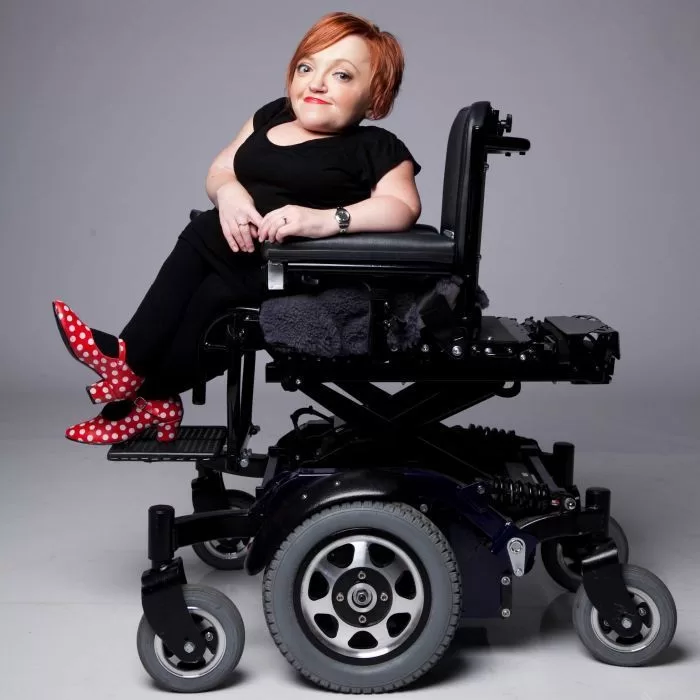Updated on August 21, 2025

1. Understand the Role of an NDIS Support Worker
As an NDIS worker, you are required to provide assistance and support to the disabled who are under your care, and such assistance includes personal care, assistance with daily activities, and facilitating social engagement.
NDIS Roles and Responsibilities
- Coordinating and implementing individual care plans per the NDIS guidelines.
- Supporting and encouraging people to engage in social activities.
- Helping disabled people set and achieve their goals.
- Providing transport, attending appointments, and advocating on behalf of the disabled for NDIS support.
- Assisting with personal care, and household tasks such as cooking, cleaning, and arranging of the disabled’s personal space.
2. Get the Relevant Training and Qualifications
Although formal qualifications are not compulsory when it comes to being an NDIS worker, having relevant certifications and training will boost your employability and quality care experience.
To be a qualified NDIS worker, there are a few courses you can enroll in, as they cover essential topics like communication skills, understanding disabilities, support, and personal care.
- Certificate III In Individual Support (CHC33015).
- Certificate III In Individual Support (CHC33015) Disability.
- Certificate IV In Disability (CHC43115).
Often, trainings are provided on the job, because each person’s (disabled) support and needs are unique, making formal qualifications not mandatory. However, you can enhance your prospects by getting the VET qualifications.
A few other qualifications you may be required to have include: A Work With Vulnerable People Check (WWVP), and Registration to Work with Vulnerable People (RWVP). These checks ensure that you are suitable to work with vulnerable people, including adults and children, and that they can trust you.
Although the specific minimum requirement for an NDIS worker may vary in different states, these requirements are inevitable:
- A Police Check.
- Working with Children Check (Blue Card).
- A valid First Aid Certificate.
- A valid driver’s License and possession of a car.
NDIS workers can either be hired by the families of the disabled or be employed by disability support workers. There are organizations responsible for hiring carers and managing clients, and this is to ensure the best-matched carer is assigned to support the disabled.
3. Gain Experience – Apply for NDIS Jobs
Having practical experience is a plus, especially in the disability support sector. To be an NDIS worker, you have to actively seek opportunities to work or volunteer with disability service providers, community centers, or residence care facilities.
Experience gathered for this opportunity will give you firsthand insights into the needs of people with disabilities. These experiences also demonstrate your commitment to the field when seeking employment as an NDIS support worker.
Gaining experience can also help you learn how to administer medications as an NDIS support worker. According to the Medicines Act, of 1968, only a qualified medical practitioner can prescribe medications.
However, the legislation has allowed healthcare workers, and carers (NDIS workers), to administer medications to the disabled according to the prescriber’s instructions.
4. Keep Learning Professionally
The disability support sector keeps evolving and a lot is being demanded daily, in terms of communication, commitment, and care. So staying up-to-date with the latest trends and developments is beneficial if you are looking to be an active NDIS worker.
Attending workshops, seminars, community outreach, and the like is the first step to keeping yourself in the learning cycle. These are opportunities that will help you enhance your skills as an NDIS worker.
Conclusion
Pushing a career such as being an NDIS worker can be rewarding and fulfilling, as it has many positive sides, one that can only be stated when you eventually become a carer/support worker. By obtaining relevant qualifications, you are not only choosing to make an impact on people’s lives, but also, you are showing the world, compassion, empathy, and dedication, one step at a time.
MORE FROM CENTRE DISABILITY SUPPORT
What Does A Support Coordinator Do?
What is Active Support in Disability?
Inclusive Employment Opportunities for People with Disabilities in Australia
WHAT IS DUTY OF CARE IN DISABILITY?



